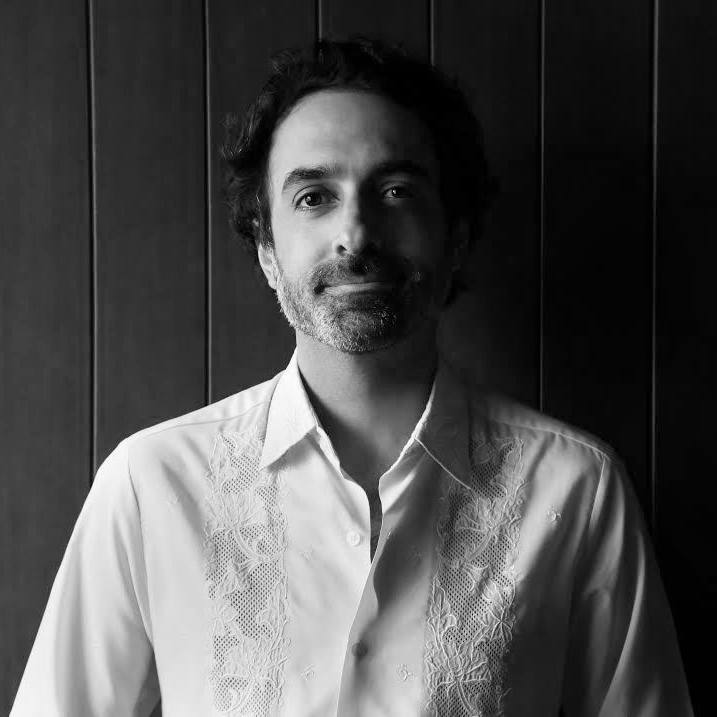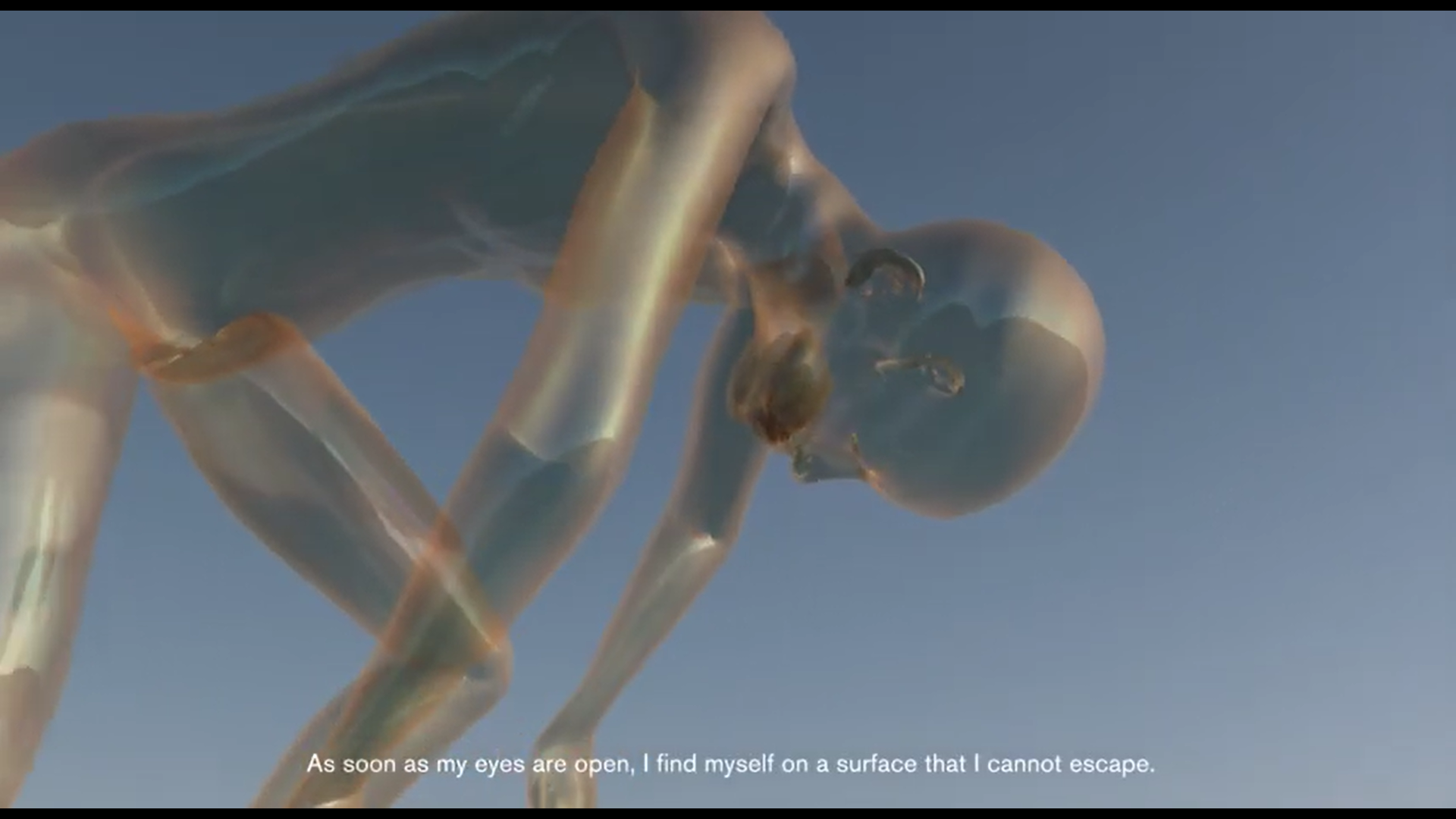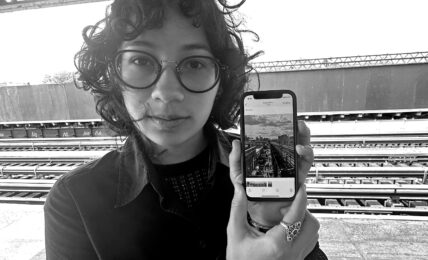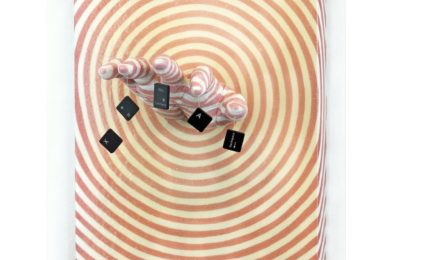Digital America interviewed Rafa Arrocha in April 2021 to discuss his work The Twittering (2021) and homophobia perpetuated through Twitter and in Panamanian culture.
:::
DigA: The piece, The Twittering, symbolizes the rolling credits of a Hitchcock horror movie and uses real-life homophobic Tweets as the text. When I viewed this piece, I was impacted by how pervasive homophobia can be on social media. Can you talk about your inspiration for the visual language of the piece and how it relates to the content of the tweets?
RA: Just like the birds in the movie the homophobic tweets seem to multiply with every vicious attack. By pairing the hurtful words with the author’s real username in a movie credit format I can shine a light on those who are playing a role in this horror story. With the rolling credits on a loop, I also wanted to transmit the sense of being in a never-ending cycle.
DigA: Your piece, which features Tweets in Spanish, will be presented to a primarily English-speaking audience on Digital America. How do you hope they will experience the piece? What was the process for procuring the Tweets used for the piece?
RA: The tweets and names are all 100% real. If I were to translate them from Spanish to English or any other language I feel I would lose the veracity of the piece, and part of the essence of the hate that impregnates the words as originally stated. I hope that the English-speaking audience can still feel the anxiety and be impacted, even if they don’t understand every word.
DigA: In describing the piece, you wrote: “In Panama, many like to believe the fantasy that nobody is discriminated or attacked because of their sexual orientation, but the reality on Twitter for an openly gay man is a horror movie with hate on the leading role.” Can you speak to what insights were revealed through your research on Twitter? Why do you think this perception exists?
RA: By looking at the impressive skyscrapers or listening to mainstream media you might think that Panama City has a very modern and open-minded society. But this is far from the truth. Most gay couples in Panama try to remain low profile to avoid being discriminated or even attacked. I have experienced that discrimination first hand on social media. Every time I share anything related to me and my boyfriend I can expect hateful comments, especially on Twitter. I believe that the haters feel a bit more entitled and less exposed on Twitter, they seem to feel protected by the flock of users that share their views.
DigA: What guided your decision to focus on Twitter? Did you consider other platforms?
RA: In Panama, you can see homophobia in different social media outlets but nothing compares to the comments you can find on Twitter. There is also a special connection with the birds in the movie and the fact that Twitter uses a bird in their branding.
DigA: What projects or themes are you hoping to work on next?
RA: I am now engaged in a country where I can not marry the person I love. I am currently exploring different ways of expressing and sharing that frustration through art.
:::
Check out Rafa Arrocha’s piece The Twittering
:::

Rafa Arrocha is a Panamanian creative director and visual artist. His creative work has been awarded at various international advertising festivals such as Clio, New York Festivals and Fédération Internationale de l’Art Photographique (FIAP). Arrocha is a founding partner of the art gallery and creative platform, Diablo Rosso, based in Panamá. He has a Bachelor of Arts & Science from Loyola University, New Orleans.



